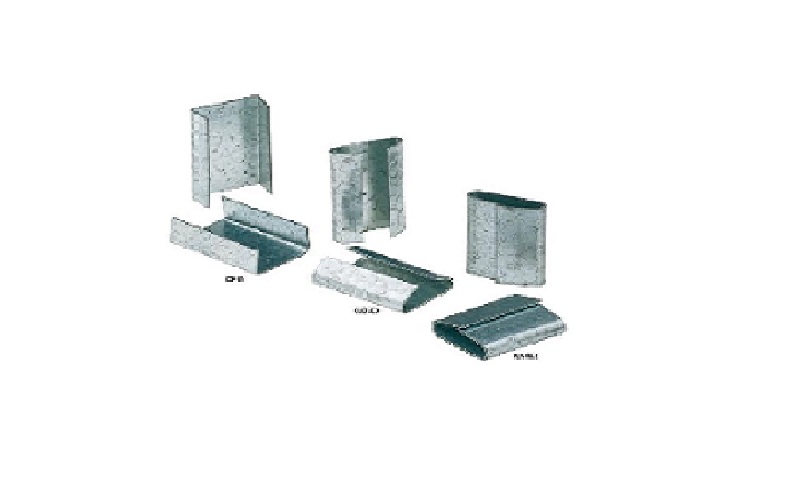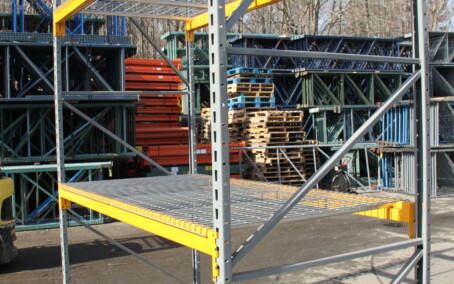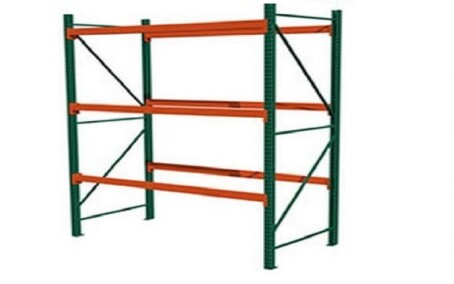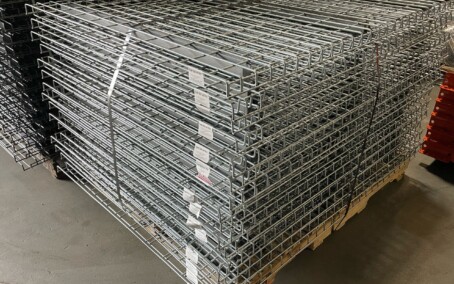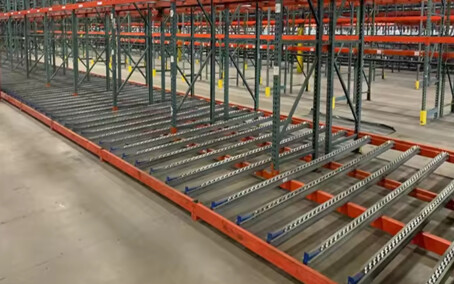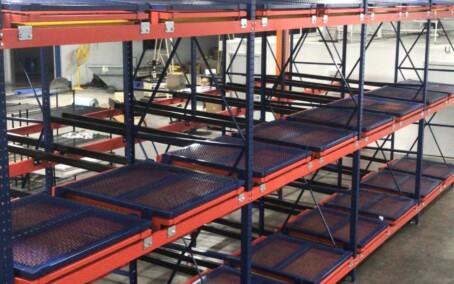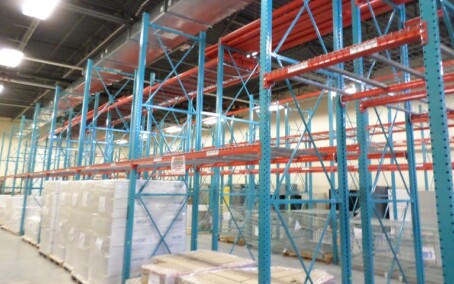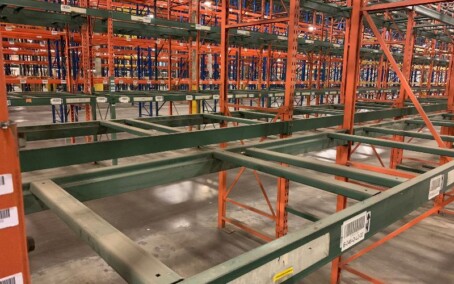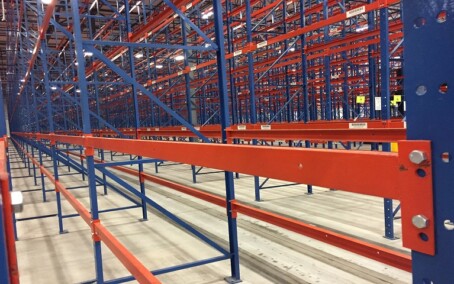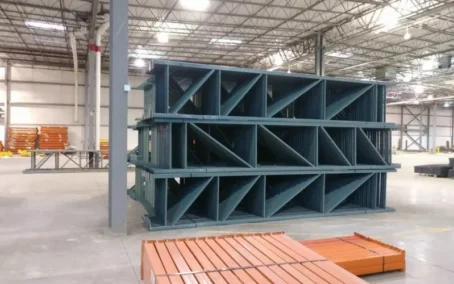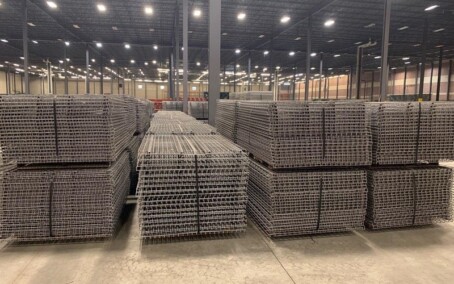The Reliable Solution for Securing Goods
Banding clips are essential for keeping items tightly fastened during storage or shipping. They serve as small but crucial connectors that maintain the tension needed to prevent unwanted movement. Whether used for heavy-duty loads or more delicate packages, these pieces deliver consistency and reliability across multiple settings.
Many industries appreciate how these connectors reduce product damage by providing extra support. From pallets to crates, banding clips prevent shifting that cause breakage. Unlike adhesives or simple tape, these fasteners hold steady under stress, ensuring that loads stay locked in place throughout distribution.
Strapping clips perform a similar function but focus on securing wider or heavier straps. They come in various sizes to match different band widths, with some suitable for tasks like packaging construction beams or bundling oversized goods. When paired with tensioners, these fasteners form an unyielding grip, reducing the risk of mishaps caused by loose bindings. Banding clips can also reinforce smaller bundles requiring precise support.
Versatile Designs for Various Needs
Banding clips are available in different materials and shapes. Some models have serrations on their inner surface, creating a firm grasp on the band. Others feature smooth edges for less abrasive contact. While steel is common for its durability, certain industries may opt for alternative metals or coatings to meet unique requirements. Regardless of the type chosen, these small devices consistently deliver a reliable, secure hold.
Clips also come in various thicknesses, giving users the freedom to choose a level of strength suited to their loads. Some rely on standard gauges for everyday shipments, while specialized tasks involving heavy cargo can utilize thicker versions. This customization ensures that banding clips perform effectively without adding unnecessary weight or cost to the packaging process.
Improving Operational Efficiency
By using banding clips, companies can cut down on time spent re-wrapping or re-securing shipments. A single set of clips, applied correctly, remains steadfast throughout multiple handling stages. These devices are quick to apply, allowing staff to streamline daily workflows. As a result, businesses see improvements in both productivity and cost savings over the long term.
Another advantage is the straightforward replacement process. When a clip reaches the end of its useful life, it can be removed and substituted with minimal downtime. This simplicity makes it possible to maintain quality standards without halting entire operations. Whether for short-term storage or extended transit, banding clips provide a dependable form of reinforcement.
From warehouses to construction sites, banding clips stand out as a practical resource. They protect goods while minimizing the need for complicated binding methods. With reliable performance across diverse industries, these small but powerful connectors remain a trusted choice.
For those looking to enhance shipment security, banding clips work well with strapping clips and corner protectors to form a sturdy packaging system. They adapt to different tension levels and withstand rough handling. By reducing rework and product loss, these clips ultimately boost overall efficiency across logistics, storage, and distribution.

